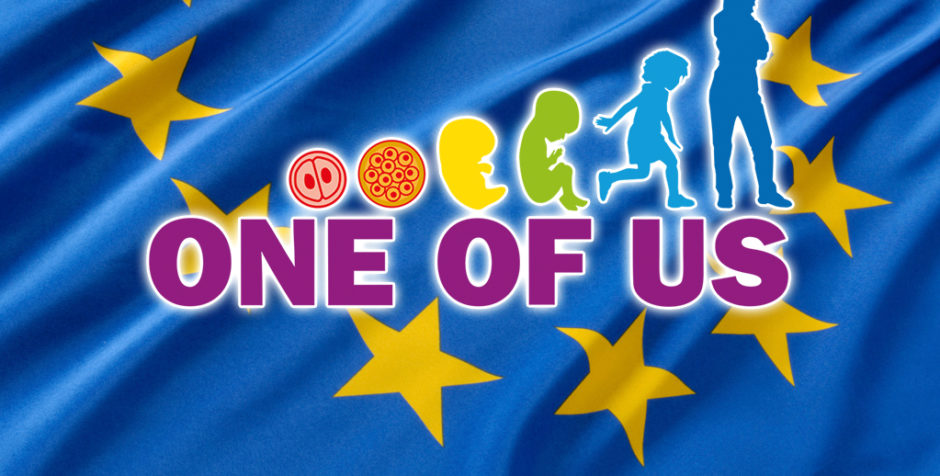Do you remember One of Us? Launched in 2012, this petition was the largest citizens’ initiative in the history of the European Union (EU) and collected nearly 2 million signatures across Europe! It was driven by civil society, dozens of associations, and thousands of volunteers worked to collect signatures across Europe. It called for a ban on European funding for programs involving the destruction of human embryos and foetuses.
Presented as an instrument to democratize the EU, the European Citizens’ Initiative (ECI) sought to bring the Union closer to the citizens. It was introduced by the Lisbon Treaty in 2007 and Regulation No 211/2011 of the European Parliament and the Council. The ECI was intended to overcome the lack of democracy in a Union which, since its origin, left the legislative initiative monopoly to the sole "bureaucratic" power of the Commission. The purpose of the ECI was to break into that monopoly and share the power of initiative with European citizens.
But, despite the political expediency of One of Us’ legislative proposal, the Commission simply refused to follow up on the One of Us initiative. The Commission certainly did not expect the greatest citizens’ initiative to be one that defended human life ...
Prior to launching its campaign, the ECI, One of Us, was examined and then admitted by registration before the Commission. Why, then, did the Commission let European citizens waste their time gathering millions of signatures if in the end the Commission was going to arbitrarily dismiss the ECI’s proposal, when it could have done so from the beginning? Such absolute power undermines the utility of the ECI by giving false hope to Europeans as the citizens’ initiative only artificially activates people’s participation in European political life without providing any means of real change.
One of Us challenged the Commission’s decision at the European Court of Justice. The hearing was held on 16 June 2017, and the judgment will be rendered Monday, 23 April 2018. As such, now is an important opportunity for an update on the important issues at stake in this case.
In contesting the Commission's decision before the General Court, One of Us asks the judges to make the ECI mechanism effective by recognizing that the Commission's decision is subject to judicial review. Through this case, the Court has the opportunity to democratize the European Union by ending the monopoly of legislative initiative enjoyed by the European Commission.
Here are the different positions that the General Court could adopt and the consequences that would follow:
- If the Court declares the Commission's refusal to comply with the ECI is proper, it solidifies the Commission's monopoly of initiative and validates the Commission's power to dismiss, without any possible recourse, initiatives supported by millions of people.
This instrument of participatory democracy would then be purely fictitious: a democratic illusion.
- On the other hand, if the judges consider that the Commission's action is open to challenge and therefore agree to take a decision on the merits, they will then give real effectiveness to the mechanism of the European Citizens' Initiative. This would be a profound institutional upheaval for the Union: the European Commission would lose its monopoly on legislative initiative and would have to share it with the European citizens, under the supervision of the Court!
A new alternative would then be available to the Court: if it acknowledges the decision of the Commission is challengeable, it will find it satisfactory, then dismissing One of Us on the merits, or unsatisfactory, then condemning the Commission.
- If the General Court agrees with One of Us on the merits of the case, this will be a major victory but not yet final, because it would be very likely that the Commission would appeal immediately.
- Conversely, if the General Court agrees with the Commission's merits, it will breach the monopoly of the latter's legislative initiative without giving the Commission the opportunity to appeal. The democratic functioning of the Union would be greatly improved. Strategically, this would be a wise decision by the Court.
Thus, ultimately, whatever the outcome of the judgment, the European Commission loses, and One of Us wins.
















